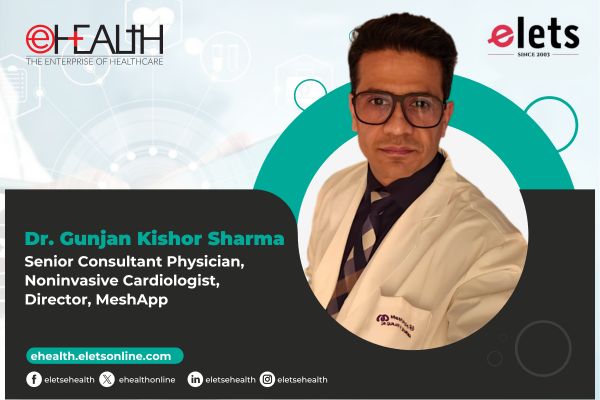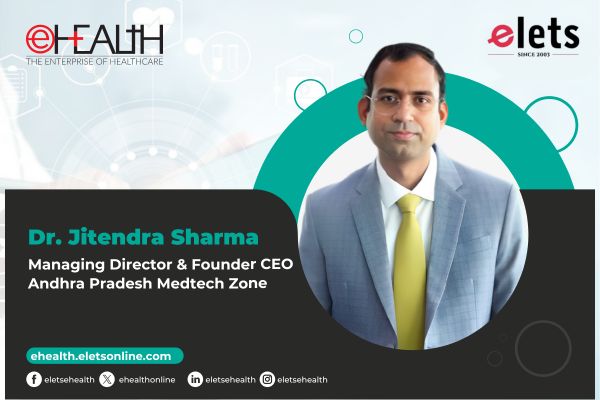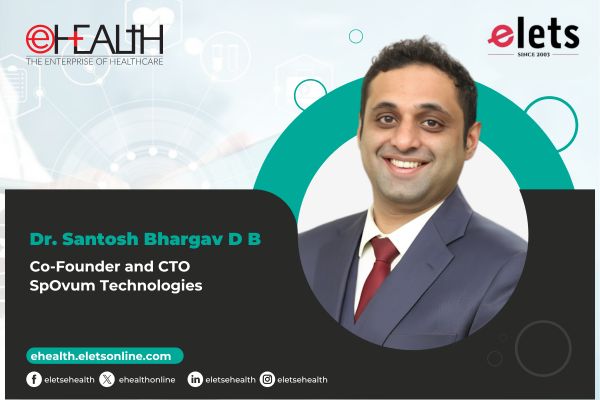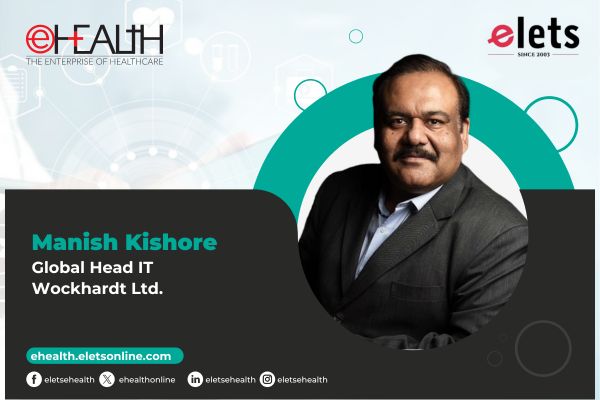
The world is experiencing an extraordinary revolution, driven by the relentless march of time itself. The aging convulsion is transforming the healthcare environment, notably in the discipline of elderly health. The United Nations Population Fund’s India Ageing Report 2023 anticipates that the number of people aged 60 or above will reach 3.47 million by 2050. This projection leads to the need for increased development of creative techniques and comprehensive approaches to meet the growing requirements of the elderly. While the internet, artificial intelligence, machine learning, robots, and smart gadgets have
altered the way humans live and perform routine tasks, these technologies along with human touch can extensively be adopted to improve the quality of medical, emotional, and physical assistance for elderly people in novel ways.

Technological Aids for Elder Care
Some of the technological innovations that can be employed to enhance the lives of the elderly:
- Remote Monitoring: Remote monitoring is a significant innovation in elder care technology, allowing carers to oversee elders without being physically present. This includes sensors that detect movement and alert caregivers if a senior falls, as well as webcams for remote check-ins. One more important aspect is that for the elderly with dementia, the healthcare experts rely on family caregivers to provide insights into their behavior. Wearable camera systems can capture these behavioral triggers, providing accurate information to professionals.
- Robot Assistants: Robots can move about homes assisting the elderly, reminding them to take prescriptions, exploring digital content, listening to their favorite music, communicating with relatives, and much more.
- Phone Applications: Elders can use basic smartphones with appropriate apps to monitor medication, heart rate, and location. These apps also benefit families and carers, allowing them to share collected data with doctors to track changes in elders’ mobility and medication habits.
- Wearable Gadgets: Tools like fitness trackers and smartwatches have become popular in elder care. These gadgets are useful not only for tracking step counts and exercise but also for checking vital signs and sleep patterns. With timely alerts, carers and healthcare professionals can obtain prompt information about irregularities, ensuring proactive medical assistance for the elders.
Technology for Better Dementia Care
Another crucial aspect of elder care, especially for those with dementia, is the reliance of healthcare

experts on family caregivers for behavioral insights. Technological aids such as wearable camera systems can capture these behavioral triggers, providing accurate information to professionals. Additionally, Global Positioning System (GPS) technology can help locate elders who may become lost, particularly those with dementia or Alzheimer’s who tend to wander. Modern GPS trackers can be discreetly

embedded in garments, shoe soles, or purses, allowing caregivers to easily locate them if they go missing. These technologies together enhance the safety and well-being of elderly individuals.
Caregivers Should Overcome Tech Adoption Hurdles
It is crucial for caregivers to be well-versed in technology, as this proficiency directly impacts the quality of care they can provide to the elderly. Moreover, embracing technology empowers caregivers to stay
connected with the latest developments in healthcare, continuously enhancing their skills and the quality of service they provide.
Prioritizing Cyber Security
While embracing technology in elder care offers numerous benefits, it’s essential to be cautious. Cybersecurity is crucial to prevent misuse and unauthorized access to sensitive data. Smart technologies like virtual assistants, wearable sensors, and cameras collect detailed user information, including daily
activities and movements. This makes robust data security vital. With smartphones and surveillance
cameras being common hacker targets, relevant cybersecurity measures such as using strong passwords and multifactor authentication etc. are necessary to protect elders’ information and ensure their safety.
Wrapping Up
Integrating technology into elderly care is essential, not just a trend. As technology advances, it will offer more support to elders and their caregivers, enabling healthier, more connected, and independent lives.
Currently, much of the technology is focused on security and safety, but there’s a growing need to shift focus towards creating awareness and skilling caregivers to provide better care. Additionally, it’s crucial to explore ways to utilize technology to stimulate elders cognitively and engage them more actively.
However, though technology can make the lives of the elderly easier, it cannot replace the human touch, care, affection, and bond that carers and care seekers endure. While tech aids in daily tasks, caregivers
and family members provide the emotional support and personalized care that elders need.
Views expressed by: Neha Sinha, Dementia Specialist, CEO, and Co-founder of Epoch Elder Care
Be a part of Elets Collaborative Initiatives. Join Us for Upcoming Events and explore business opportunities. Like us on Facebook , connect with us on LinkedIn and follow us on Twitter , Instagram.
"Exciting news! Elets technomedia is now on WhatsApp Channels Subscribe today by clicking the link and stay updated with the latest insights!" Click here!















